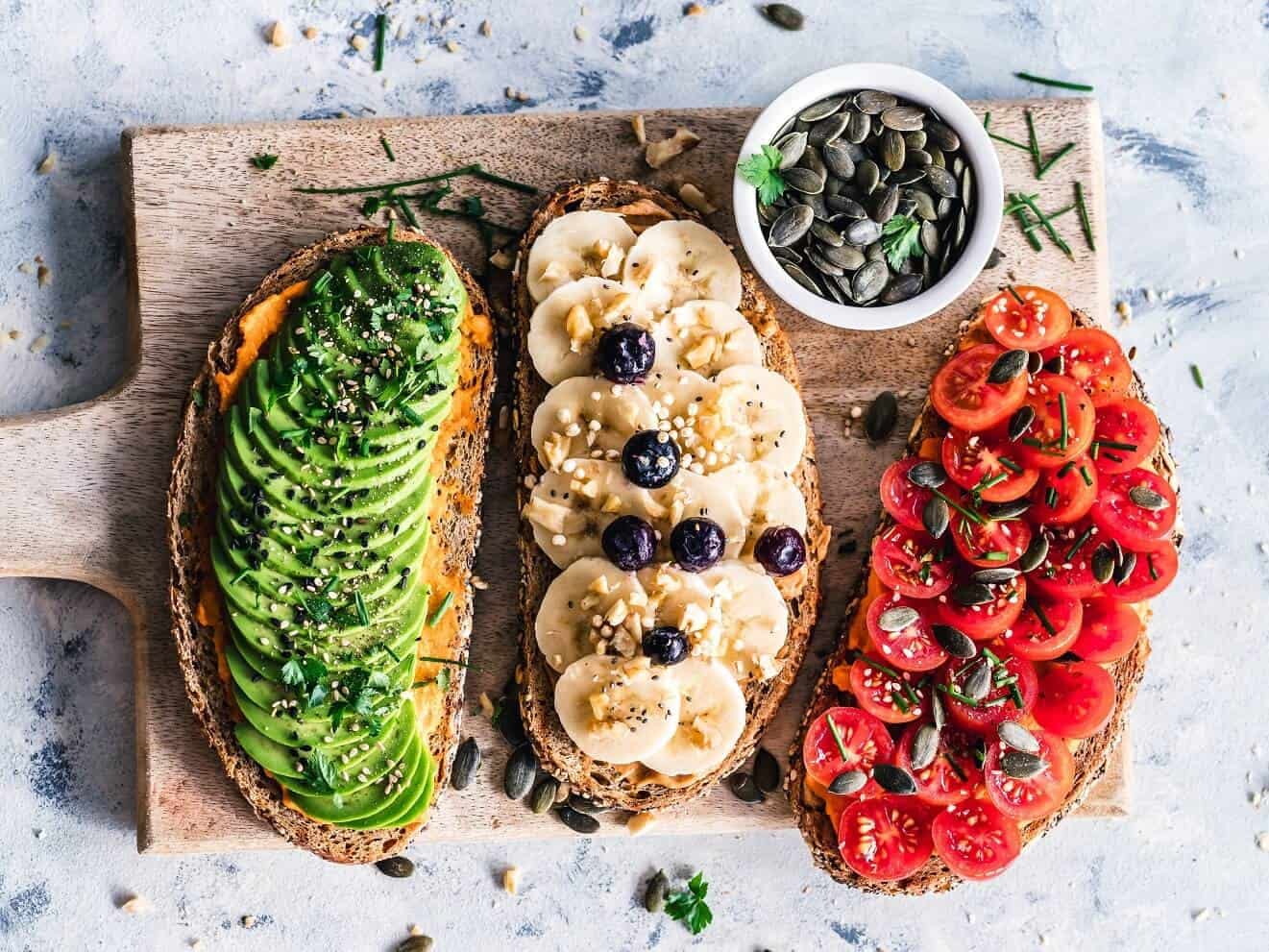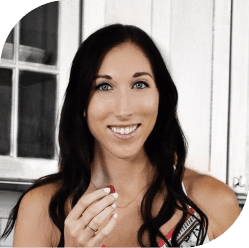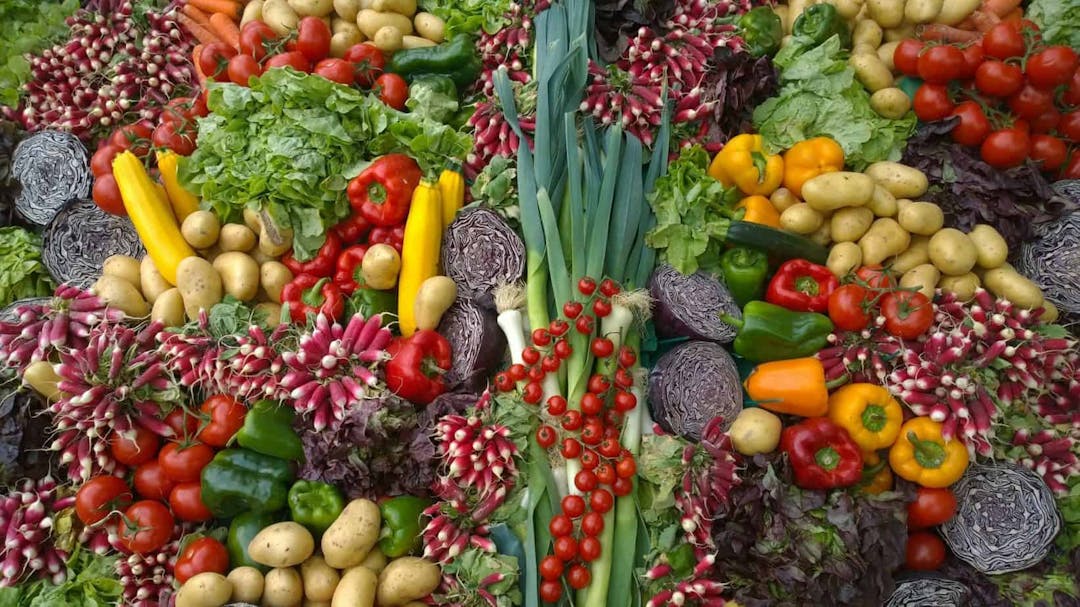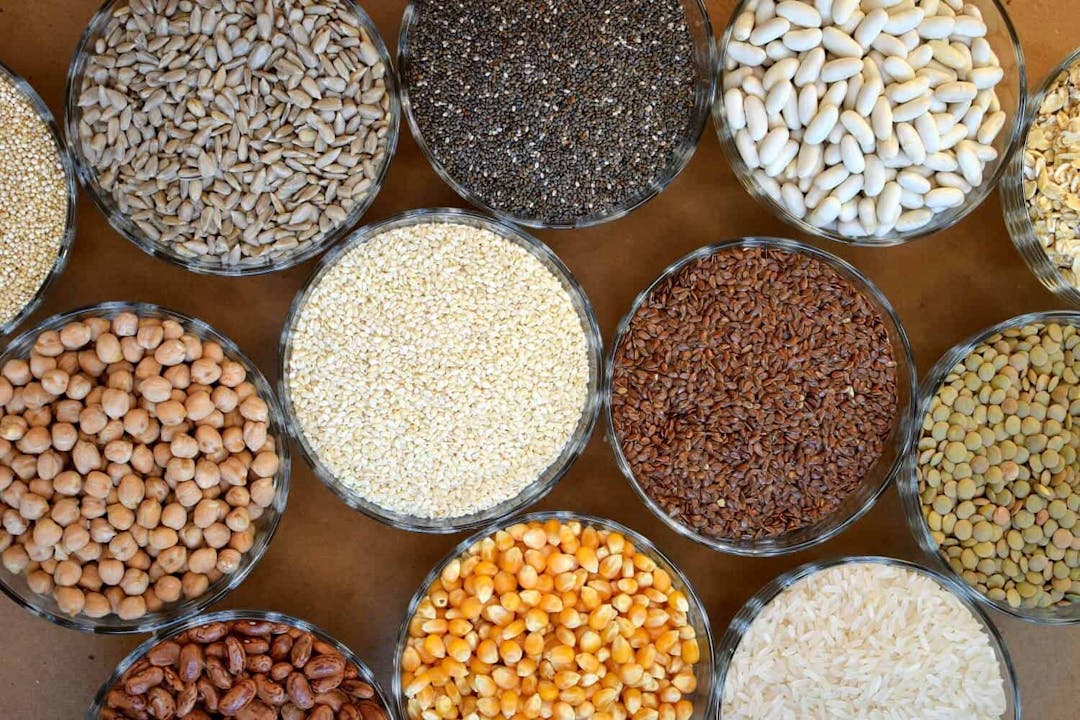


Find foods you can eat.
How to start a vegan diet
Published on September 16, 2022What is a vegan diet?
A vegan diet is a diet free of all animal products and their derivatives, including gelatin, dairy, eggs, fish, meat, poultry, and honey.
Why follow a vegan diet?
People choose to follow a vegan diet for a variety of reasons including but not limited to ethical, environmental, and health reasons. The ethical decision to abstain from animal products largely stems from a deep respect for all living beings and a desire to do no harm. Ethical veganism also acknowledges the presence of child and/or forced labor that plagues our global food system, although it doesn’t always successfully avoid it.
This is closely linked to vegans who choose to eliminate animal products for environmental reasons given the enormous environmental impact animal agriculture has. According to David Katz, if everyone on the planet right now ate a paleo diet, we would need 15 planets to sustain our current population. It’s not sustainable and it’s irresponsible to be touting diets that are so grossly unsustainable such as animal protein-rich diets. We need to think beyond ourselves and for future generations to come.
There is an increasingly large number of people who are opting to go plant-based for health reasons, including weight loss, cardiovascular health, diabetes management, and more. Reducing animal products and increasing plant proteins helps decrease cholesterol and boosts fiber intake, both of which are known to prevent disease.
How to follow a vegan diet
Packaged foods will have the ‘vegan’ label on them indicating a product is free of animal products and safe for vegans.
Dining out can prove to be challenging when you first go vegan, so it’s helpful to look at the menu and call the restaurant ahead of time to see what the chef can do to accommodate your dietary needs. In general, you can find a baked potato and large salad at most places (even steak houses!) and you can opt for toppings such as butter to be left off, so that you can safely add your own.
You can also use the Fig app to find vegan groceries and restaurants.
Helpful tips when starting a vegan diet
When starting a vegan diet it’s helpful to seek out guidance from a plant-based registered dietitian so that you can be sure you’re not falling prey to any nutrient gaps! Oftentimes, well-intentioned people switch to a vegan diet without meeting with a dietitian and will ultimately quit because of easily avoidable but serious health effects of a poorly planned diet. We saw this happen when Miley Cyrus began eating fish after years of following a vegan diet, citing “brain issues” that likely stemmed from inadequate omega-3 fatty acids. Moral of the story is to seek help first!
Things to look out for on a vegan diet
When following a vegan diet it’s important to consider nutrient density. Vegan foods can be just as unhealthy as their western diet animal counterparts when not properly planned. For example, Oreos, chips, and many brands of candy are all vegan. Imitation meats and cheeses are vegan but not necessarily healthy foods. A carefully planned vegan diet will provide all the micronutrients that are needed to thrive (with the exception of Vitamin B12) and minimal processed foods. Be sure to include a variety of fruits, vegetables, whole grains, legumes, and healthy fats!
Who should not follow a vegan diet
Almost everyone can safely follow a vegan diet with the exception of a few rare genetic disorders such as pediatric epilepsy and mitochondrial disorders that require a very strict ketogenic or low carbohydrate diet. I’ve worked with pregnant women, infants, children, and adults who follow a vegan diet, and as long as their micronutrient labs and growth are normal, they are able to continue it! If you’re unsure about the benefits of a vegan diet I encourage you to seek help from a plant-based physician and dietitian who can monitor and advise you on your journey!
List of non-vegan ingredients
There are approximately 700 ingredients to avoid on a vegan diet. For a full list of ingredients that may not be vegan, download the Fig app and set it to a vegan diet.
To check if thousands of products are vegan, download the Fig app or check Fig’s database of vegan products online.
Jen Mimkha, MPH, RD, LDN, CLC, CLT, RY-200, is the owner of Prana Nutrition which combines evidence-based practices with mind-body approaches to create individual solutions that help you live your healthiest life. Visit www.prananutritionist.com to learn more and get Jen’s help with a plant-based diet.
Photo by Ella Olsson on Unsplash
 Introduction to a Vegetarian Diet
Introduction to a Vegetarian Diet Low FODMAP Grains and Pulses
Low FODMAP Grains and Pulses